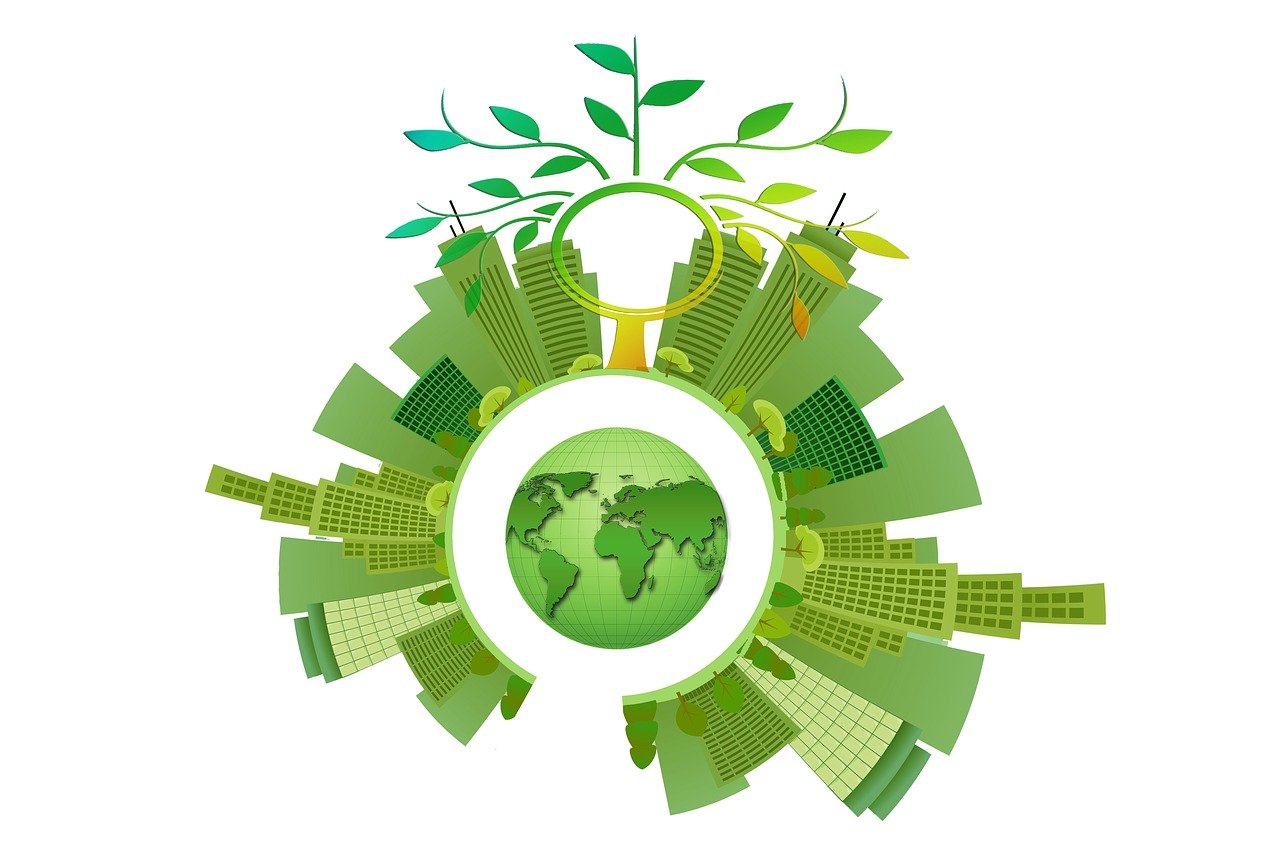More and more people are recognizing the importance of sustainable living and incorporating it into their daily lives. It involves the development of goods, products, and services that could meet the needs of the present without causing future generations to become vulnerable or function less effectively as it relates to meeting their own needs.
The adoption of renewable energy sources has been on the rise, with global renewable capacity reaching over 2,800 gigawatts by the end of 2020. Sustainable practices in waste management have gained momentum, with global recycling rates increasing. In 2017, about 23% of municipal solid waste was recycled globally. The sustainable and organic food market has also experienced growth, reaching billions of dollars in revenue. If everyone plays their part and adheres to sustainable living principles, the environment and society at large will reap the benefits. This article explains how.
What are the benefits of sustainable living?
It secures a future for all generations
You owe it to yourself, all other living organisms in your lifetime, and all future generations to live in a way that preserves the earth. The choices you make today—your actions—have strong long-term effects on future generations. Embracing sustainable living practices will ensure that your future and that of generations to come are fit to live in and safe.
If the earth’s resources are depleted, future generations will suffer the same fate. For instance, overfishing our oceans will result in a depleted supply of fish and every other organism that is connected to fish through the food chain.
It reduces our use of energy
When you practice sustainability in the workplace, the amount of energy used there will be significantly reduced, and so will your energy costs, now and in the future. A simple transition to energy-efficient lighting based on production schedules can reduce electricity costs in the long run. You can significantly reduce your monthly utility bills by using wind or solar energy together with energy-efficient equipment. By reducing your energy consumption, you enhance your overall efficiency.
It’s a good habit for everyone
Reducing landfills, improving air and water quality, and increasing sources of renewable energy will no doubt benefit society in the long run. Sustainable practices help change the world for the better. Engaging in them helps minimize your carbon footprint as well as the discharge of toxins into the environment, ensuring its safety. When you prioritize sustainability, you and everyone else will experience a cleaner, healthier environment as a result.
It can positively impact society
Not only does actively promoting the preservation of natural resources benefit your company’s brand and standards, but also the lives of your employees and their families. When you prioritize sustainability in your business, it helps make it a priority in consumerism as well. It can have a far-reaching influence on society.
How to be sustainable
Luckily, there are several simple things you can do to live sustainably and, at the same time, enjoyably. Here is a list of some easy changes you can make to your everyday life. There’s no need to give up anything or reduce the quality of life for you and your family. Rather, you’ll experience greater satisfaction and happiness knowing that you’re making a positive impact on the world.
Reduce how much electricity you use
Using less power not only reduces your monthly electricity bill but also helps protect the environment from air and water pollution and conserve natural resources. This will reduce your carbon footprint. To reduce your electricity consumption, you can leverage natural light, use energy-efficient light bulbs, and turn lights off every time you leave a room.
Washing clothes in cold water as opposed to hot water also helps. So does letting them dry on a clothesline instead of the tumble dry option in the washing machine. It is also recommended that you unplug all electrical devices that are not in use because some of them continue to suck energy even when turned off.
Clean with eco-friendly tools
The preservatives, foaming agents, and toxic chemicals in the majority of traditional cleaning products usually end up in streams and rivers, resulting in water pollution and harming biodiversity. Switching to all-natural cleaning products—vinegar, lemon juice, bicarbonate of soda, any one of them, or a combination of the three—reduces the likelihood of exposing yourself, other individuals, and the environment to harmful chemicals.
Recycle
Avoid single-use plastics to help eliminate the global problem of plastic pollution. Reusable or recyclable versions are recommended. This is one of the simplest habits to add to your daily routine. Rather than throwing away broken home appliances, you can recycle them—plastic, paper, metal, and glass can be repurposed.
Not all of them can be recycled though—the key here is to know which ones. Plastic with polyvinyl chloride cannot be recycled; the same applies to glass and metal. If you’re unfamiliar with how to sort them, you can contact an environmentally conscious waste management specialist who can guide you. Use Leadar to find more information about them, such as their phone number, email, or location.
Grow a garden
It surprises most people how much gardening benefits the environment, organic gardening particularly. Chemicals, bacteria, and other hazardous substances present in the air are absorbed by plants during photosynthesis or respiration and converted into waste products like water and oxygen. Furthermore, plant roots purify the soil by removing toxic chemicals and heavy metals—a definite plus as it reduces your carbon footprint.
Travel efficiently
If you’re like many of us who drive our cars everywhere, consider sharing a ride, walking, taking the bus, or riding, especially if you’re going to be the only one in the car. Driving a hybrid or electric car also helps reduce the global warming caused by carbon dioxide emissions, but electric cars are most eco-friendly as they don’t release any harmful gases, chemicals, or particles into the air.
Key Takeaways
You play a very important part in the health of our planet. You may not think so, but every step you take adds up, and when you embrace eco-friendly practices, it helps preserve the environment and future for yourself, other individuals, living organisms, and generations to come. Reducing how much electricity you use, cleaning with eco-friendly tools, recycling, growing a garden, and traveling efficiently are all steps you can take to positively impact our planet.






